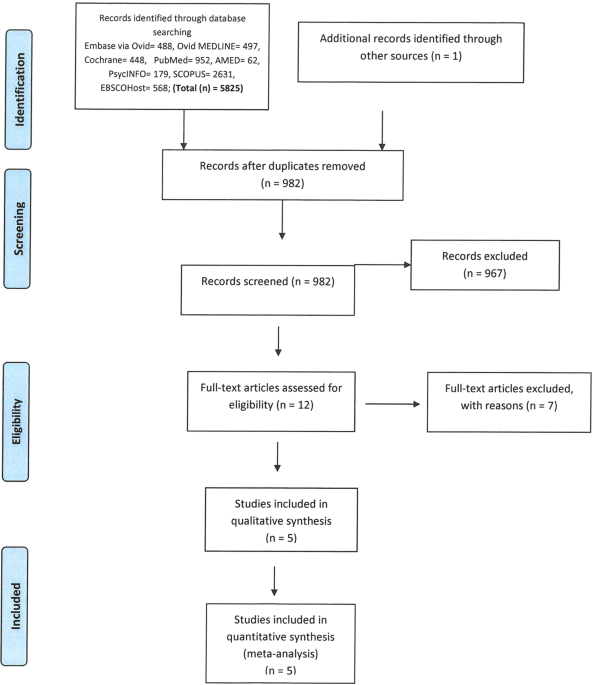- Joined
- Oct 20, 2015
- Messages
- 2,498
- Reaction score
- 5,769
Wondering of some of the more experienced practitioners here can comment on their general GAD algorithm, or how they conceptualize GAD.
I've essentially boiled it down to a 3 level system as such:
First line, therapy and medicine (SRI - escitalopram or sertraline)
Second line, reiterate they should try therapy. Medication wise class switch to SNRI (duloxetine preferred)
Third line, reiterate that at this point medications are less established to work, and therapy is the most likely option to be effective. I tend to augment at this stage, keeping the above med and adding on either pregabalin, antipsychotic (olanzapine, abilify), atypical (mirtazapine, wellbutrin).
Non-algorithm options I bring up in certain scenarios include propanolol, prn atarax, buspirone. In chronic pain folks, TCA is added on as 3rd line option (nortryptiline).
Any comments on what you tend to lean towards when you're reaching 3rd line treatment options? How do you conceptualize GAD and who gets what treatment?
I've essentially boiled it down to a 3 level system as such:
First line, therapy and medicine (SRI - escitalopram or sertraline)
Second line, reiterate they should try therapy. Medication wise class switch to SNRI (duloxetine preferred)
Third line, reiterate that at this point medications are less established to work, and therapy is the most likely option to be effective. I tend to augment at this stage, keeping the above med and adding on either pregabalin, antipsychotic (olanzapine, abilify), atypical (mirtazapine, wellbutrin).
Non-algorithm options I bring up in certain scenarios include propanolol, prn atarax, buspirone. In chronic pain folks, TCA is added on as 3rd line option (nortryptiline).
Any comments on what you tend to lean towards when you're reaching 3rd line treatment options? How do you conceptualize GAD and who gets what treatment?

